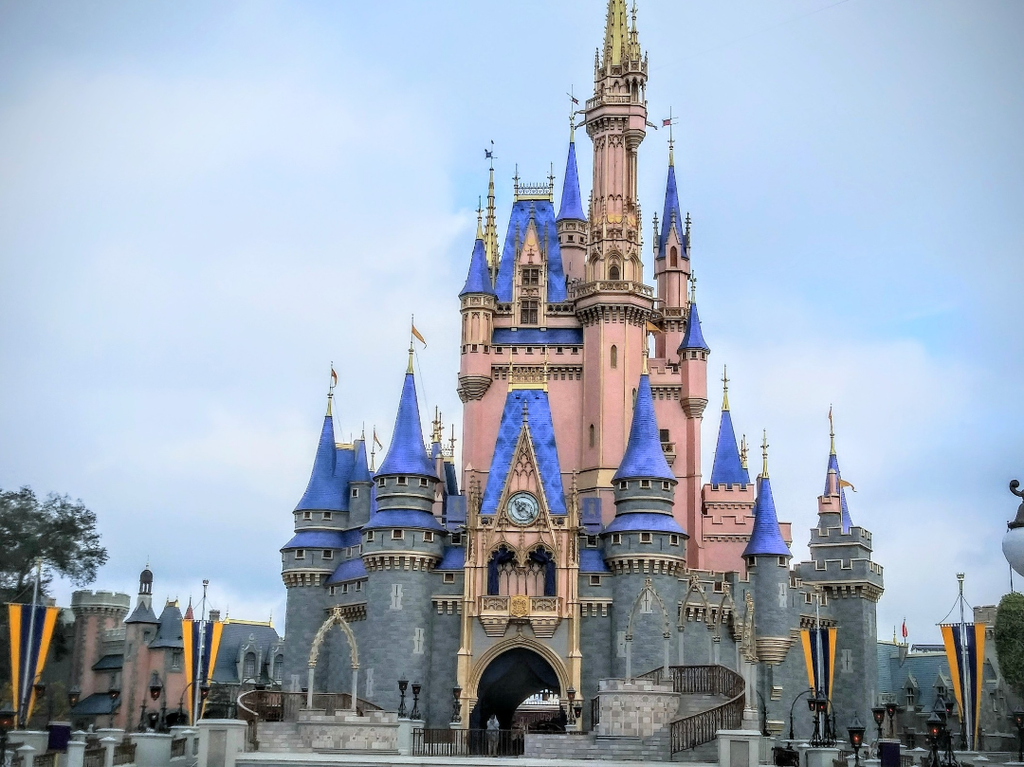
January 8, 2025
Disney World Faces Backlash Over Accessibility Issues Amid ECV Shortages And Disability Access Service Policy Changes
Without a comprehensive and reliable accessibility strategy, Disney risks alienating a significant portion of its guests.
Disney World faces growing criticism over its accessibility services as Magic Kingdom struggles with a shortage of Electric Conveyance Vehicles (ECVs), leaving disabled guests without vital mobility aids. Combined with stricter Disability Access Service (DAS) policies introduced in 2024, the changes have left many long-time visitors feeling excluded, sparking frustration and concern among the disabled community.
New DAS Policies: Disappointment and Impact
For years, Disney’s DAS program has been a lifeline for disabled guests, allowing them to use virtual queues to avoid long lines. However, recent changes have made eligibility for DAS more restrictive, leaving many guests—who previously relied on the service—unable to access it.
A study presented at the International Association of Amusement Parks and Attractions (IAAPA) Convention highlighted the impact of these changes. Out of 300 respondents, a significant number reported heightened anxiety, with some opting to forgo visits to Disney parks altogether. Meanwhile, Disney has been redirecting guests to alternative solutions, such as renting wheelchairs or ECVs (electric conveyance vehicles). However, rising demand has outpaced supply, creating a new set of challenges.
ECV Shortage Sparks Outcry
The scarcity of ECV rentals at Magic Kingdom came into sharp focus when theme park photographer Bioreconstruct shared an image of a sign announcing that all ECVs were sold out for the day. The sign offered a waitlist option, but the shortage underscored a growing problem: Disney’s push for guests to rely on ECVs, coupled with insufficient supply, has left disabled visitors without viable options.
Advocates and guests have criticized the park for failing to anticipate the increased demand. “The changes to DAS and the ECV shortage are creating barriers for disabled guests who simply want to enjoy the parks,” said a spokesperson for DAS Defenders, a disability advocacy group.
Disabled Guests Feel Overlooked
According to the IAAPA study, 50% of guests denied DAS said they would visit Disney parks less often, while 36% indicated they would not return at all. Many expressed feeling dismissed or discriminated against by cast members, amplifying their frustration.
The ECV shortage only compounds the issue. For guests who previously relied on DAS, ECVs were positioned as a reasonable alternative, but the lack of availability has left many stranded. The situation raises questions about Disney’s commitment to accessibility and inclusivity.
Advocates Demand Action
Disability rights organizations are urging Disney to address these growing concerns. DAS Defenders, which represents over 17,000 advocates, has submitted a petition with more than 33,000 signatures, calling on Disney to restore the previous DAS eligibility criteria and work more closely with disability advocates.
“Disney’s recent changes seem driven by financial motives, but they’ve come at a great cost to the disabled community,” the DAS Defenders spokesperson said.
Future of Accessibility at Disney
As holiday crowds push Disney parks to capacity, the company’s ability to accommodate all guests is under intense scrutiny. While Disney has extended DAS registration periods and promised additional cast member training, these measures have yet to alleviate the growing frustrations of disabled visitors.
Without a comprehensive and reliable accessibility strategy, Disney risks alienating a significant portion of its guests. The current system, strained by limited ECV availability and restrictive DAS policies, has left many questioning whether the park’s promises of inclusivity truly extend to everyone.
For now, disabled visitors must navigate these challenges with resilience, advocating for their needs while hoping Disney will take meaningful steps to improve its accessibility programs. Until then, the magic of Disney World feels increasingly out of reach for many who need it most.
RELATED CONTENT: Gen Z’s Mental Health Struggles Create Catch-22 In Employment, UK Study Reveals